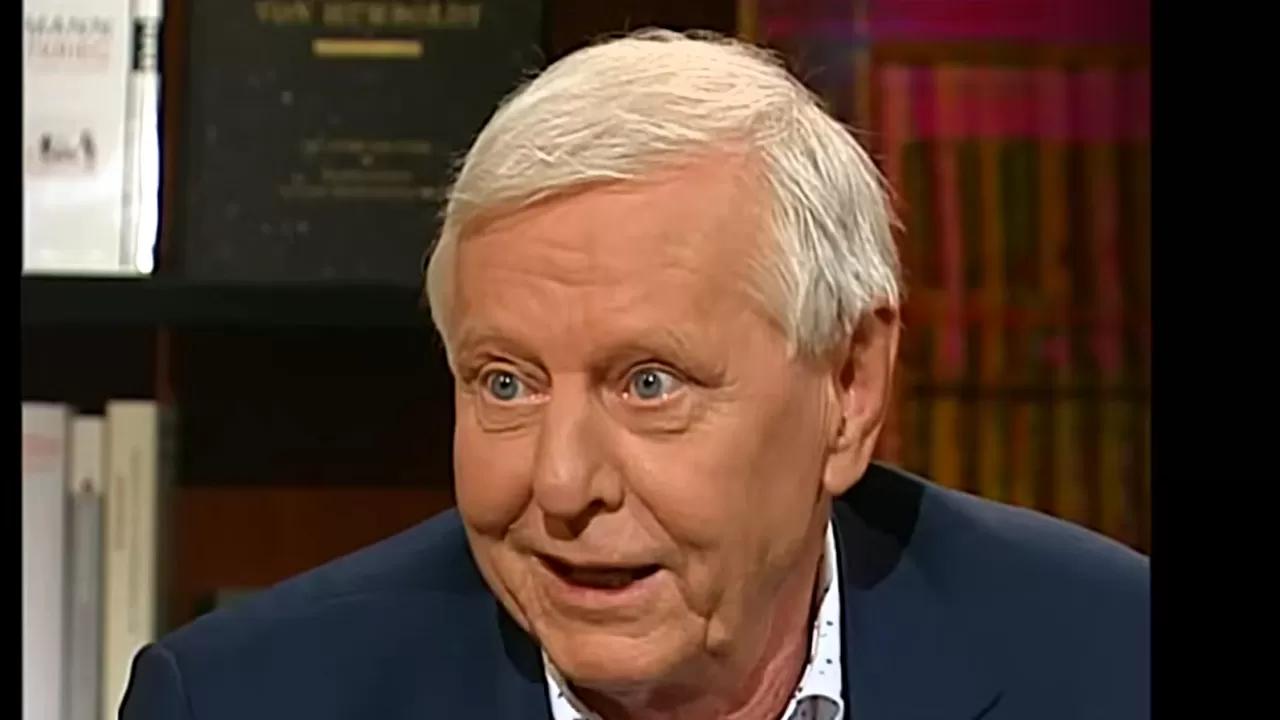#10 Hans Magnus Enzensberger

In 2004, a new edition of Kosmos (Cosmos), Alexander von Humboldt’s five-volume magnum opus, was published by Die Andere Bibliothek, a publishing imprint set up by Franz Greno and Hans Magnus Enzensberger. In conversation with Helmut Markwort, Enzensberger, himself an essayist, poet, and journalist, describes why the work and character of the younger of the two Humboldt brothers continues to fascinate people to this day.
Humboldt was a polymath who appeared oblivious to disciplinary boundaries. He was as comfortable with botany, zoology, physics, and chemistry as he was with the earth sciences, astronomy, and agricultural economics. Even at the tail end of the 18th century, when the main scientific disciplines had not yet split into much smaller specialist subject areas, this breadth of expertise was extraordinary. He is remarkable not only for the diverse nature of his theoretical scholarship, but also for the practical aspects of his intellectual interests. On his research trips, Alexander von Humboldt was a pioneer and conqueror, a researcher and research manager, an experimenter and entrepreneur, an analyst and draftsman, a design engineer and systematist. He was also a self-made man, who didn’t employ any staff and did the vast majority of his work himself, as well as penning thousands of letters, cultivating personal networks that spanned the globe, and keeping up a constant exchange of thoughts and ideas with the great and powerful.
When Hans Magnus Enzensberger describes Humboldt’s intellectual range, we feel he is also describing himself. Like Humboldt, he is a great traveler, whose curiosity drove him to continue exploring new places into old age. And like Humboldt, he has an inexhaustible thirst for knowledge, which is reflected in a huge number of diverse publications, ranging from lyric poetry, verse epics, novels, documentary fiction, drama, and essays to papers on mathematics and economics, and from books for children and young people to travel writing, memoir, and biographies. Enzensberger invented a poetry machine that uses a clever algorithm to generate six-line poems about weltschmerz, lost love, betrayal, fear, and hope. He developed a poetry fountain, in which illuminated verses were projected onto flowing water. And of course, he is a great publisher. After founding Kursbuch, a pioneering cultural magazine that influenced entire generations of West German intellectuals, he set up Die Andere Bibliothek in Bavaria with Franz Greno. They published hundreds of fine editions of often forgotten texts at affordable prices, including, in 2004, this magnificent edition of Cosmos. The five volumes document the work of a significant thinker, who, in the words of his like-minded reader Enzensberger, had a “thirst for the world”, was never just a “desk scholar”, and sought to communicate scientific concepts for a wider audience, putting him decades ahead of his time.
Peter-André Alt
Date September 9, 2004
Language German
Length 25 mins
Title, series Hans Magnus Enzensberger zu Gast bei Helmut Markwort, 3sat/Bookmark
Video 3sat